Adapting Research During COVID-19
When a pandemic disrupts your research, how do you respond?
In 2020, COVID-19 threatened to upend one of LASER’s research projects and forced the research team to craft new ways forward. LASER had to evaluate risks alongside the research team and work to mitigate them. Research Project Managers at LASER deal with these unique contingencies on a regular basis.
Trafficking in Persons (TIP) is a deeply underground activity, which makes it difficult to study, gather data on, or gauge its scope. Much of the literature about TIP is anecdotal, and the LASER research team working to quantify Trafficking in Persons in South Africa knew from the start that a baseline study of TIP would take a creative, mixed-methods study to yield useful results.
Little could they have known that a global outbreak of Coronavirus would make data gathering even more difficult.
Constantly-evolving COVID restrictions meant that previously accessible groups of interviewees were no longer accessible. For example, hospitals and prisons were no longer viable places for interviews.
Ross Meyers, Research Program Manager at LASER PULSE and with the TIP project in South Africa
As doors closed, the team innovated. They analyzed public records of TIP-related court cases. They trained assistants to conduct phone data collection. They networked to find connections to NGOs working with at-risk populations.
It was also hard because while COVID impacted the work, it also impacted each one of us, our families, and loved ones.
As the manager on this project, these changes required me to change how I worked. Every challenge the researchers faced required me to keep the dialogue going as researchers, funders, and management evaluated possibilities and made decisions.
With many perspectives in the digital ‘room’ it was challenging to agree on the evolving situation, understand our limitations, and to collaborate towards a common vision. Many meetings ended without agreement, but with a simple note of ‘we’ll continue this discussion soon.’
But the discussions continued. So did the progress.
The teams had planned to do plenty of public advocacy, but during COVID’s vicissitudes, they needed to jump at opportunities that came up. Several setbacks turned into stepping stones when the team talked openly about research challenges and opportunities, including in multiple op-eds and in an appearance on South African TV. There, a team member discussed the resources that exist for victims of Human Trafficking.
Team member and human rights activist Susan Marx on South African TV discussing her team’s TIP research and the roadblocks they encountered
Our team had a participant from South Africa’s Department of Science and Innovation who brought an inside perspective that helped the team sharpen their presentations for different South African government bureaus and conferences. If COVID meant fewer meetings with lawmakers, we resolved to make each meeting count.
On the management side, I began to track these new bits of advocacy; some were surprises, but they were still crucial weapons in the fight against trafficking.
Bit-by-bit, we came to agreement and made the pieces fall into place. While we had to change from our original plans, we made sure to keep our eyes on our main impact: providing the South African government and civil society with better ammunition for the fight against human trafficking.
As the project manager of this highly impactful research study, I had to learn to adapt quickly and provide guidance and management support, and keep the project moving forward in the face of such loss, on personal, national, and professional levels. It was a challenge that I won’t forget. I feel proud of this project and the team who gave it their all to push forward in the most dire of the circumstances. At the end of the day the fight against TIP is a goal that’s more important than all of us, and it was this sentiment and urgency that gave us the courage to push through.
With adaptation, communication, and teamwork, the project yielded actionable data and policy briefs and laid a great foundation for future research into human trafficking. As the project has recently concluded, stay posted for additional experiences from the team and information about the state of TIP in South Africa.

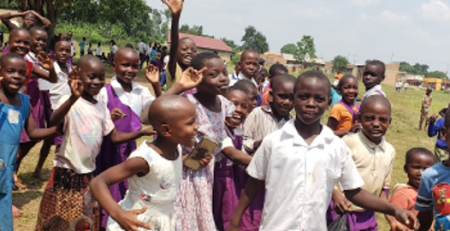
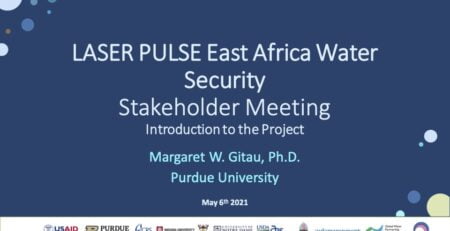

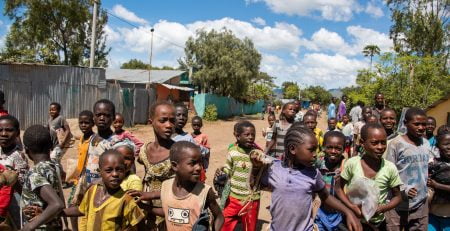
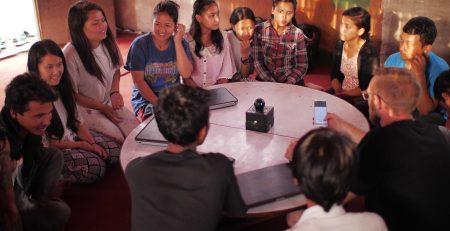

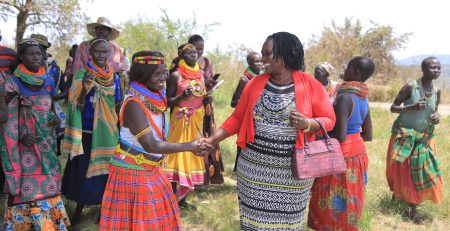

Leave a Reply
You must be logged in to post a comment.